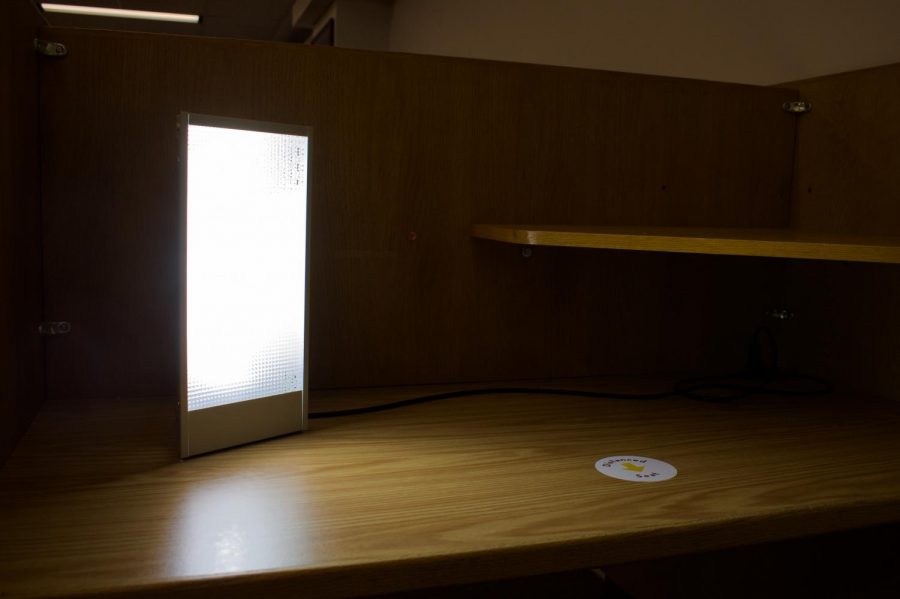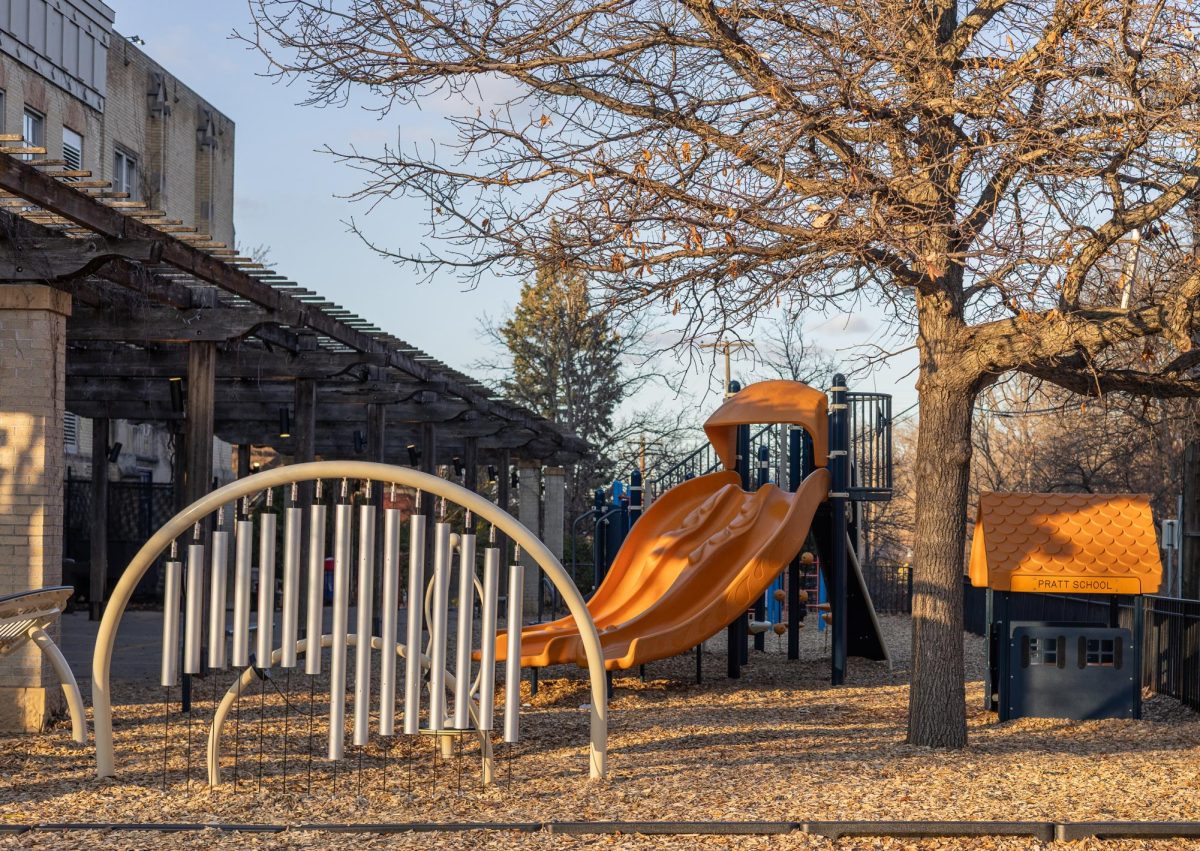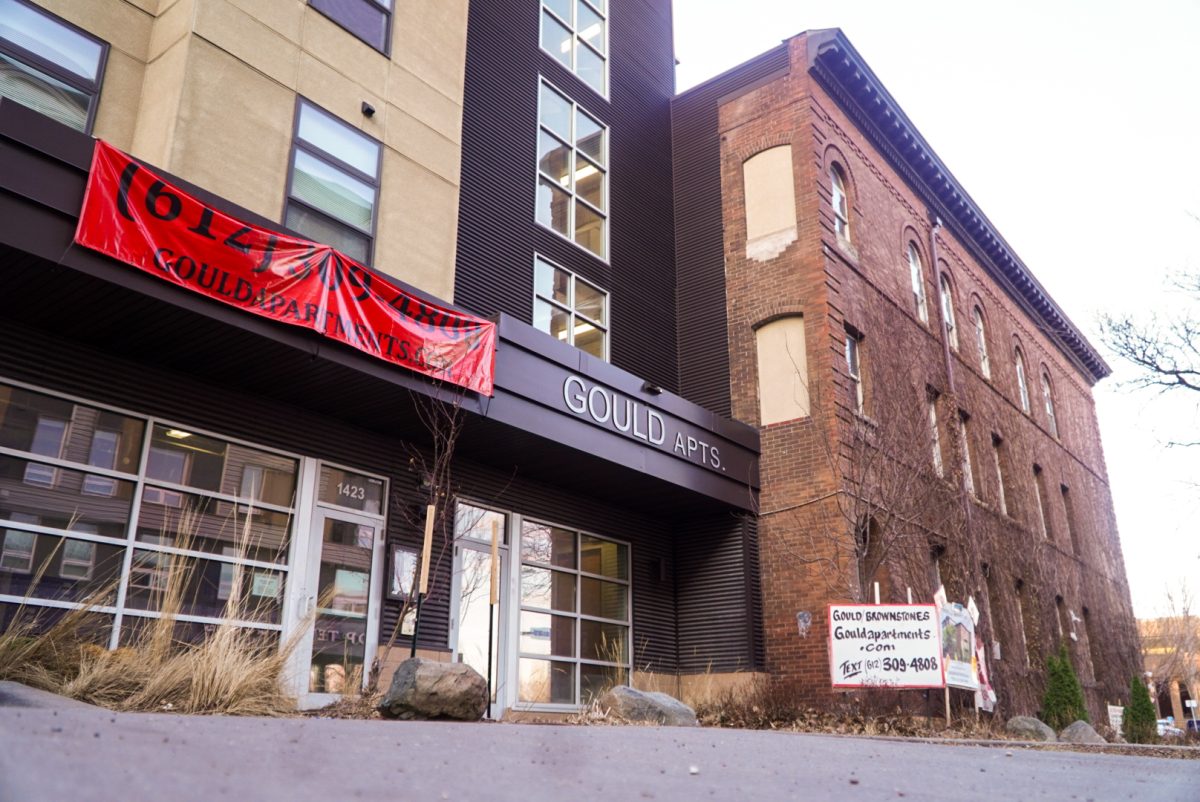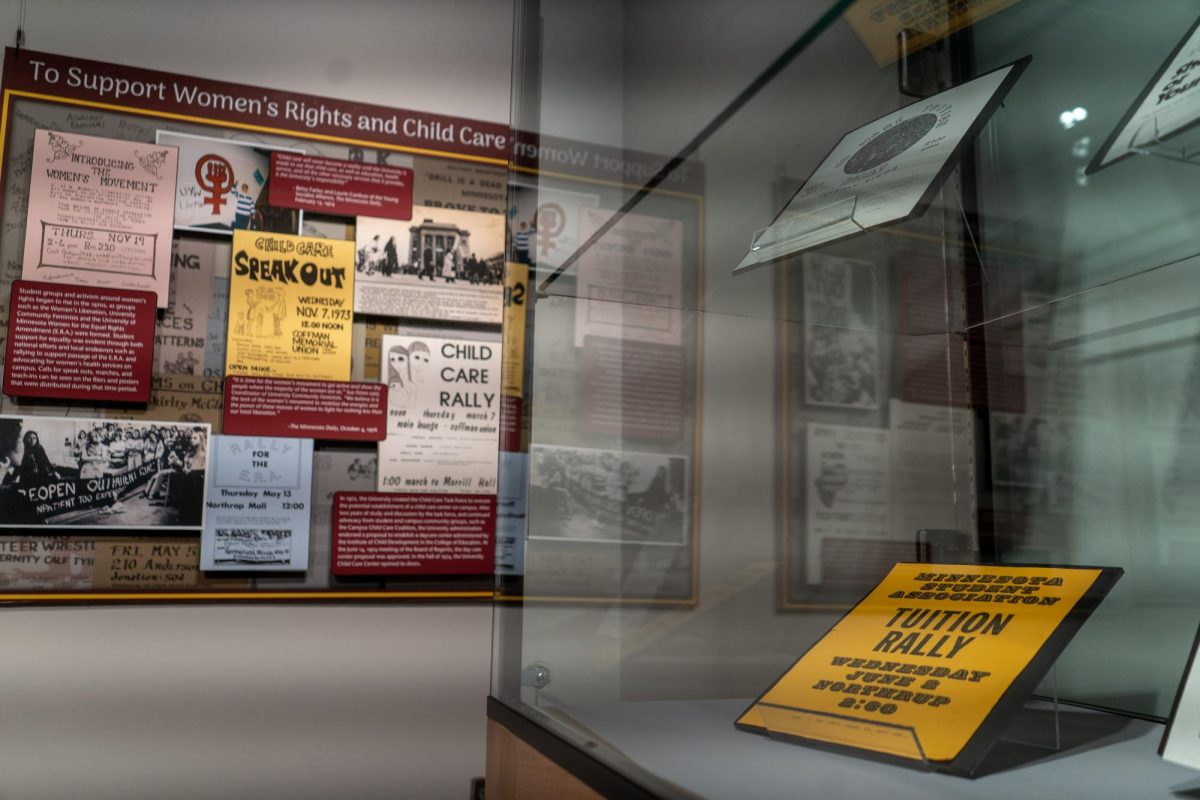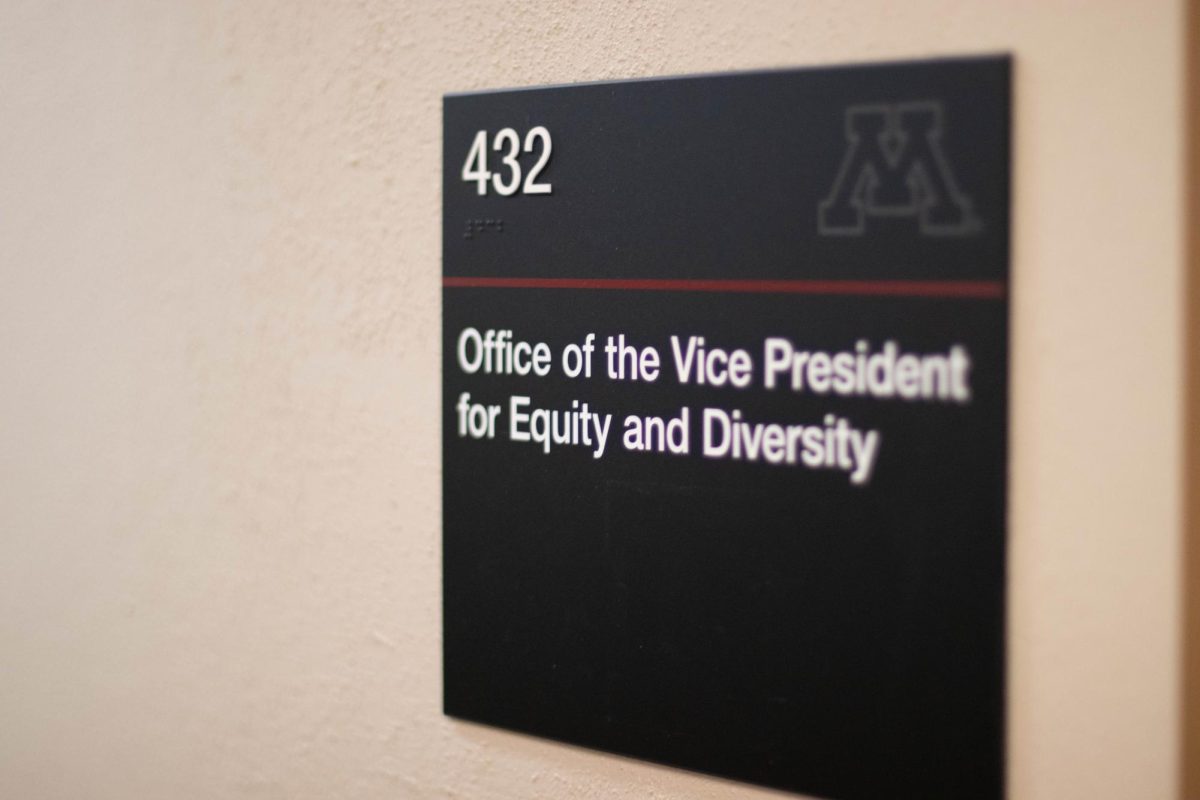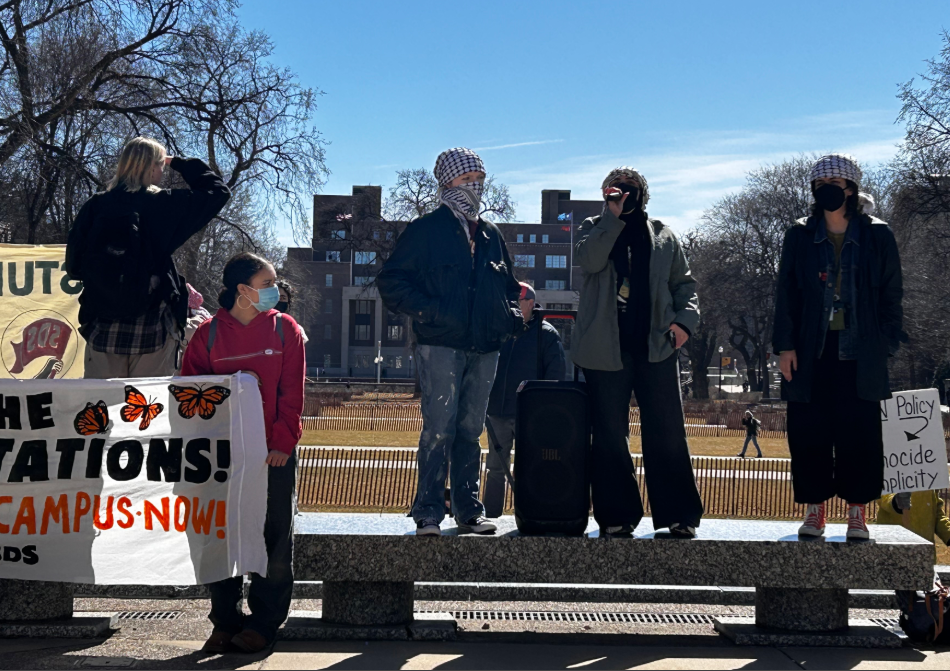The Minnesota Student Association is working to increase the availability of lights on campus to reduce the symptoms of Seasonal Affective Disorder (SAD), a type of depression that is related to changes in seasons when there is less sunlight.
University of Minnesota students can currently check out SAD lights at Magrath Library on the St. Paul campus. Part of a larger effort to improve student mental health, the MSA initiative aims to make the lights available across more University libraries, including Walter Library and Wilson Library.
Eight percent of University students reported being diagnosed with SAD, according to the 2018 College Student Health Survey Report. That year, almost 4% of University students reported being diagnosed with SAD within 12 months of taking the survey.
Through internal library equipment funding, Magrath Library conducted a pilot project that introduced four SAD lights beginning in 2015, with the potential for expansion. The lights were constantly used before COVID-19 and are still circulating, said Kristen Mastel, an outreach and instruction librarian at Magrath Library.
“Once folks knew about them, they were always checked out whenever it was winter, … whenever it’s kind of gloomy out,” Mastel said.
Governess Simpson, director of MSA’s Health and Wellness Committee, said her team plans to consult with library managers to gauge interest and get student perspectives before drafting a resolution asking the University to purchase more lights.
“Our hope is to put together a resolution that can prompt administration at the library to purchase and indulge in more SAD lights,” Simpson said.
Although the lights are in constant circulation at Magrath, Mark Engebretson, the University Libraries director of advancement, said the overall demand for SAD lights has been low. Since September 2019, Magrath Library has received 45 bookings on the lights.
However, Engebretson said they would look into the possibility of having them available at other University libraries.
“I am fairly convinced this is a need that has to be addressed, and we can create a good case for it,” Simpson said.


